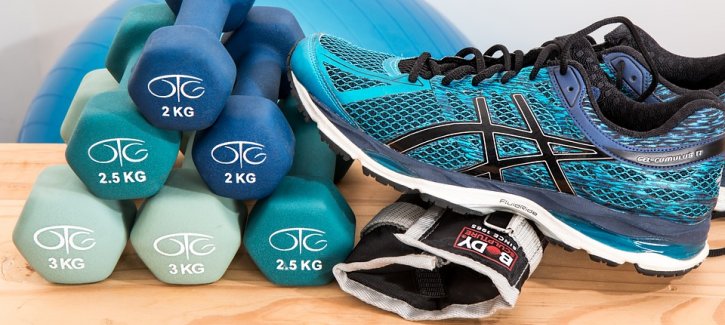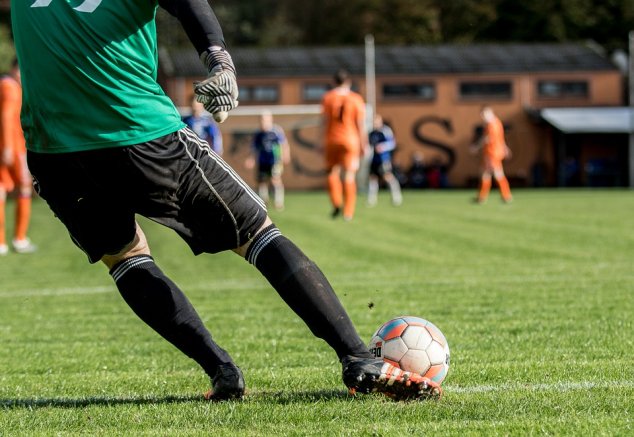If your asthma is properly controlled you should be able to participate fully in any sport or exercise that you enjoy, including competitive team sports.

If you are wheezing, experiencing tightness of chest or coughing during or after physical activity, then it is likely that exercise is a trigger for your asthma. If your asthma symptoms get worse during or after exercise then it may be a sign that your asthma is not well controlled. If you are experiencing these symptoms it’s better to focus on getting your asthma under control than to avoid exercise.

What to do if you think exercise is a trigger for your asthma:
- Always make sure you use your reliever inhaler (the blue one) immediately before warming up.
- Always make you sure you have your reliever inhaler with you and that it is easily accessible during exercise.
- Always begin with warm-up exercises for 15-20 mins.
- Make sure that the people you are exercising with know you have asthma.
- Avoid other triggers if possible eg. Pollen, air pollution.
- Make sure you warm down after exercise.
- Ensure that you are taking all your medication as prescribed by your doctor, especially your controller medication which reduces the chances of an attack occurring.

What are the best types of exercise for people with asthma
Many famous and successful athletes have asthma, including some Irish sports stars. They can compete at a national and international level because they make sure their asthma is well controlled and properly monitored by a doctor. With properly controlled asthma you should be able to do any sport or exercise that you wish.
If you want to start including exercise into your lifestyle you might like to start with some of the following exercise options which will gently introduce your body to greater fitness.
- Yoga; this help to relax the body and improve your breathing technique, both of which can help with you asthma.
- Fitness classes which involve short periods of aerobic exercise.
- Swimming; however some people may find that the chemicals in the water are a trigger for them.
There are a small number of activities such as scuba diving, rock climbing and high altitude skiing or hiking which may cause problems for some people with asthma. If you are thinking about doing any of these activities it’s important to speak to your doctor ahead of time.
If you are involved in competitive sport you should also speak with your doctor to ensure that all your medication complies with the current regulations of your sporting body. For further information see our 'Reach Your Peak' booklet available from the side bar.


